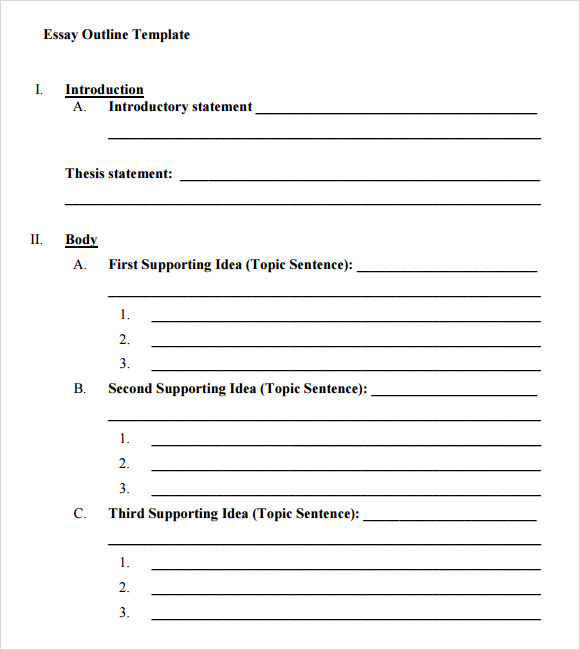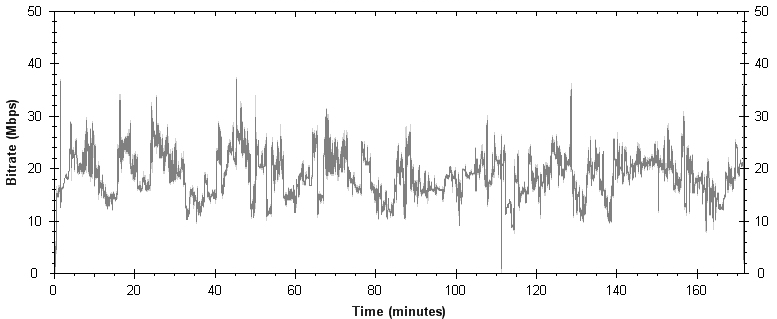SparkNotes: Genealogy of Morals: First Essay, Sections 1-9.
Friedrich Nietzsche clarified the reasons why morality prohibits several points that should not be castrated; according to him, religious morality prohibits several types of sensuality and accepts instincts with evidence. In discussing morality as anti-nature, Nietzsche explained about the effectiveness and extensiveness of morality and religion and how it can change the equity of the nature.
Friedrich Nietzsche, one of the most influential German philosophers, has influenced, impacted, and brought forth new questions for many philosophers to follow. In one of his famous writings, “Morality as Anti-Nature,” Nietzsche expresses the belief that the church that represents morality negates the value of life and says no to all the desires of life. Based on Nietzsche’s words and.
Friedrich Nietzsche (Nee'-Cha) was born in 1844 in Germany. It might be helpful to think of him as following in the footsteps of Socrates. Like Socrates, Nietzsche engages in dialogue in order to make us question our conventional ways of understanding truth, morality, and the world around us. He challenges what he sees as the great errors of the modern age: the perception that technology and.
Friedrich Nietzsche has long been smeared as a ghastly nihilist who repudiated all conceptions of morality. Critics point to the title of his famous work, Beyond Good and Evil, which appears to call for the repudiation of morality, as well as contain his vociferous condemnations of eternal moral standards.With his proclamation that “God is dead,” and his assertion that there is “no such.
The companion book to Beyond Good and Evil, the three essays included here offer vital insights into Nietzsche's theories of morality and human psychology. Nietzsche claimed that the purpose of The Genealogy of Morals was to call attention to his previous writings. But in fact the book does much more than that, elucidating and expanding on the cryptic aphorisms of Beyond Good and Evil and.
Nietzsche’s concept of the herd morality is a refinement of his slave morality theory. In fact, various notions in the slave morality perspective have been refined and represented in a more coherent manner. First, the deep fear possessed by slaves is represented as humility. Secondly, impotence is regarded as the heart’s power of goodness. Thirdly, cowardice and submission are referred to.
Friedrich Nietzsche (1844-1900) was an influential German Philosopher famous for his writings on good and evil, the demise of religion in the modern society.. According to Nietzsche, an over man forever affects the history.. The ability to overcome you is what Nietzsche defines as being an overman.. Nietzsche gives an indirect approach as the best way to approach life and taking it as.
Other posts on the site.
Nietzsche gives many reasons that lead to the nonexistence of God in his book “The Nietzsche Reader”. One idea explains that everything everyone does is just natural and has nothing to do with God. He also would react to this argument by explaining that values change and that morality is a custom. Everyone comes from different backgrounds and therefore will have different morals so you cannot.
Essays Essays FlashCards. Friedrich Nietzsche offers perhaps the most striking arguments against the Christian faith in his polemic On The Genealogy of Morality. Most Christians see Nietzsche’s atheistic claims as an enemy to the faith, however, when Christians dig deeper into his thought-provoking arguments of the weak being inherently evil, sin being a debt which cannot be paid, and.
Essay Kant 's Morality, Nietzsche 's Sickness. 11300 Professor Kristyn Hara Prompt 3 Due May 2, 2015 Kant’s Morality, Nietzsche’s Sickness: One and the Same In On the Genealogy of Morality, Friedrich Nietzsche argues against what he calls “bad conscience” (Nietzsche, 56), or the suppression of instinct.
Friedrich Nietzsche Morals Friedrich Wilhelm Nietzsche (1844-1900), the nineteenth century German philosopher and ical philologist, has been recognized as a staunch critic of morality due to its obligation to unsustainable descriptive as well as its detrimental influence on the thriving of the highest types of human beings through its unique norms and values.
Nietzsche’s Assault on Modern Morality: the Kamehameha II Connection Katherine Elizabeth Perry Friedrich Nietzsche's Writings. German philosopher Friedrich Nietzsche is most remembered for the jarring statement, “God is dead,” but to reduce him to such a slogan would be to truncate an intricate and complex critique of morality into just three short words.
The companion book to Beyond Good and Evil, the three essays included here offer vital insights into Nietzsche's theories of morality and human psychology. Nietzsche claimed that the purpose of The Genealogy of Morals was to call attention to his previous writings. But in fact the book does much more than that, elucidating and expanding on the cryptic aphorisms of Beyond Good and Evil.
Immanual Kant, John Stuart Mill, Friedrich Nietzsche and Thomas Hobbes all have opinions on morality and its limitations, and they voice their opinions in their respective essays about morality. Immanual Kant (1724-1804) was a German philosopher who is widely considered to be a central figure of modern philosophy.. John Stuart Mill (1806-1873) was a British philosopher who is regarded as.
















